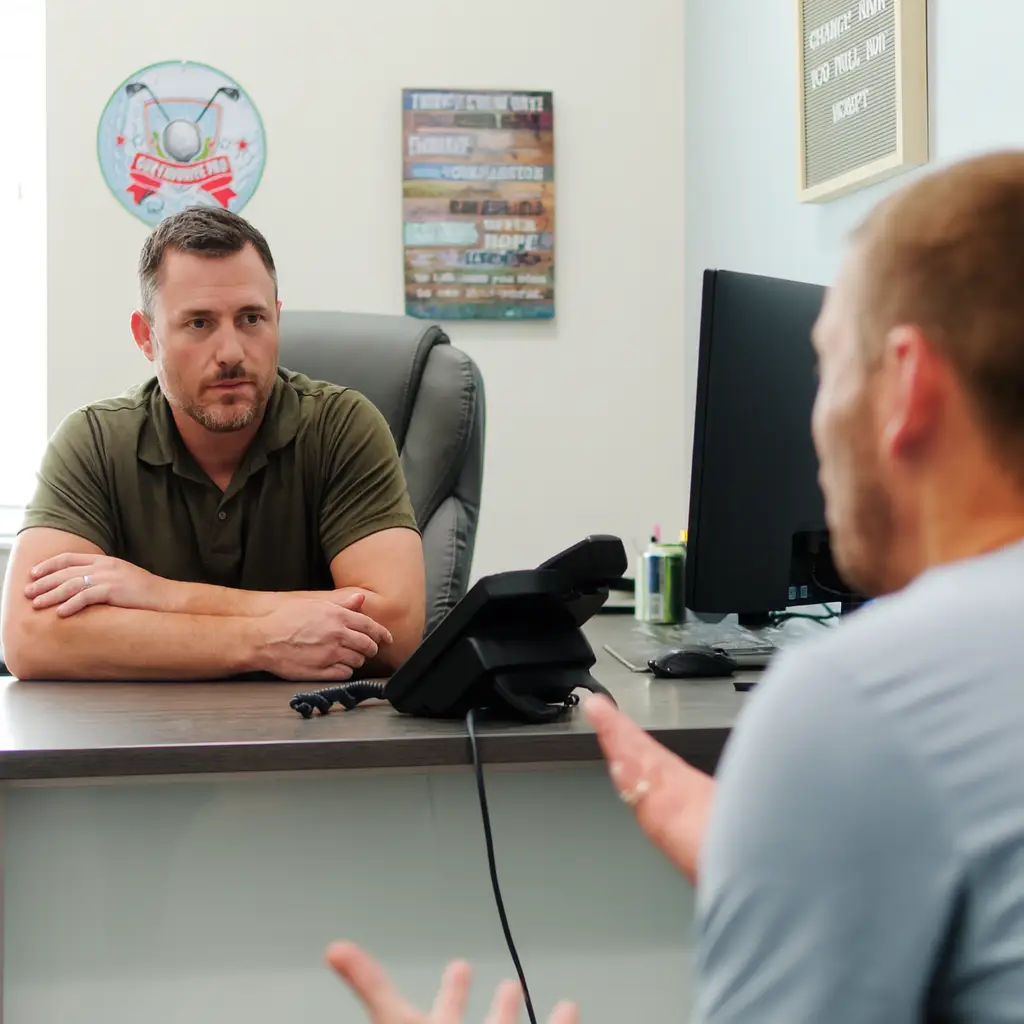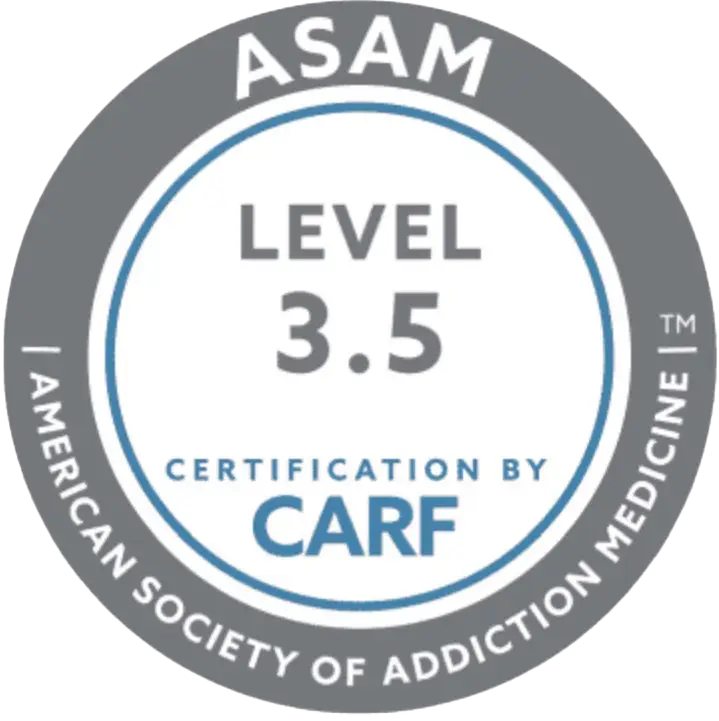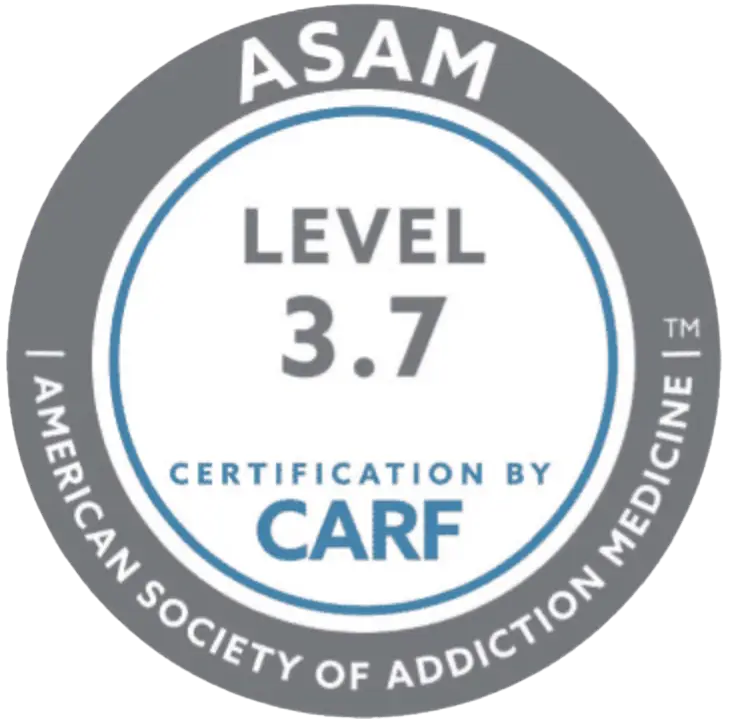Core THerapy
Motivational Interviewing for Addiction and Mental Health
Motivational Interviewing (MI) is a type of counseling that helps you move from feeling unsure to feeling ready for change. It’s especially useful if you’re dealing with drug or alcohol use, mental health struggles, or feel unmotivated when starting treatment.
Instead of telling you what to do, MI gives you a safe space to talk, explore your options, and find your own reasons to move forward.
Understanding Motivational Interviewing
Motivational Interviewing therapy is a proven approach that helps you uncover your own reasons for change, rather than being told what to do. It works best when you feel torn between wanting to change and wanting to stay the same.
In Motivational Interviewing, you stay in control of your decisions. Instead of being told what you should do, you and your therapist have real conversations about what matters most to you—whether that’s family, health, freedom, or stability—and how your choices connect to those values.
MI often works best when combined with other proven therapies. It pairs well with Cognitive Behavioral Therapy (CBT), which helps with thought patterns, and with relapse prevention planning, which prepares you for challenges after treatment. Together, these approaches build a strong foundation for healing and change.
Real change starts when it connects to something personal. In MI, your therapist helps you identify what matters most to you—like being present for your kids, rebuilding your career, or feeling healthy again—and link those values to everyday actions. That connection often becomes the spark that moves things forward.




How Motivational Interviewing Works
Motivational Interviewing isn’t about advice or pressure. It’s about having real conversations that help you move from stuck to ready—one step at a time. Here’s what the process often looks like:
Step 1: Honest Conversation
It starts with talking. You share what’s on your mind, and your therapist listens—without judgment, pressure, or an agenda. These first sessions are about understanding where you are right now and making space for whatever you’re feeling.
Step 2: Exploring What’s Holding You Back
If you feel torn—part of you wants change, part of you isn’t sure—that’s normal. Together, you and your therapist take a closer look at what’s been keeping you stuck. You’ll talk through fears, patterns, past experiences, and what change might really mean for you.
Step 3: Setting Small, Doable Goals
Once you're ready, the focus shifts to action. Not big, overwhelming changes—just small, realistic steps you choose for yourself. That might mean going to one support group, texting a friend back, or starting a new routine that helps your mental health.
Step 4: Planning Ahead for Tough Moments
Before life gets messy again, you and your therapist prepare for it. You’ll build a plan for handling cravings, triggers, stress, or moments when motivation drops. You leave treatment with more than ideas—you leave with strategies.
Step 5: Creating a Personalized Plan for Life After Treatment
Everything you’ve talked about—your values, your strengths, your goals—comes together in a plan that fits your life. It’s built around what matters most to you, and designed to keep you supported long after treatment ends.
Our Specialty-Trained Therapists
Motivational Interviewing at The Haven Detox is delivered by licensed and evidence-based clinicians for both substance use and mental health. Your therapist uses MI alongside other therapies like CBT or DBT and coordinates closely with the medical team. The result is a steady pace of change that fits your stage of readiness. MI is one of more than 20 core therapies available in our programs.

Therapist
- 5+ years of experience in Mental & Behavioral Health

Therapist
- Committed to helping others find hope and healing in recovery
Conditions We Treat with Motivational Interviewing
Alcohol and Substance Use
If you’re using more than you want to—or you’re not sure if you’re ready to stop—Motivational Interviewing helps you sort it out without pressure. You might plan for sober days, talk through triggers, or explore what a healthier relationship with substances could actually look like for you.
Relationship Distress
If boundaries feel blurred, communication breaks down, or you're stuck in cycles of guilt or avoidance, MI helps you act in line with your values. You might practice how to say no, write a simple boundary text, or plan a calm check-in before conflict escalates.
Severe Anxiety and Depression
When anxiety keeps you frozen or depression makes everything feel pointless, change can feel out of reach. MI focuses on small, high-impact actions that connect back to your values—like sending one text, taking meds on time, or getting outside before noon.
Borderline Personality Disorder
With BPD, emotional shifts can feel intense and fast. MI supports you in slowing things down, planning for moments of distress, and building long-term goals that feel less fragile. It’s not about “fixing” everything—it’s about stabilizing what matters most.
Trauma and PTSD
Motivational Interviewing makes room for safety, choice, and control. You decide when and how to explore trauma. That might include planning for triggers, identifying grounding techniques, or setting the pace for trauma therapy so it doesn’t feel overwhelming.
Self-Harm and Suicidal Ideation
When you're in crisis, pressure doesn’t help—but connection does. MI gives you space to talk openly about urges, hopelessness, and fear without shame. Together, you and your therapist can plan for safety, explore coping strategies, and name reasons to hold on.
Motivational Interviewing as Part of Treatment
Motivational Interviewing isn’t a separate track—it’s part of how care is delivered throughout your stay. Whether you’re in detox, residential treatment, or outpatient care, MI supports your progress alongside medical services, individual and group therapy, and holistic options like yoga, massage, or Reiki. From the therapy room to the walking labyrinth, every part of the experience is designed to help you feel heard, motivated, and supported.
Calm, Comfortable Surroundings
Safe Place to Rebuild
Therapy Designed for Trust
Locations Nationwide Offering Motivational Interviewing
Choose from our centers across the country, each designed to be calm, private, and welcoming.

The Haven Detox - Arizona
Space Available
Insurance Accepted
Motivational Interviewing Offered

The Haven Detox - Little Rock
Space Available
Insurance Accepted
Motivational Interviewing Offered

The Haven Detox - New Jersey
Space Available
Insurance Accepted
Motivational Interviewing Offered

The Haven Detox - West Memphis
Space Available
Insurance Accepted
Motivational Interviewing Offered

The Haven Detox - Florida
Space Available
Insurance Accepted
Motivational Interviewing Offered

The Haven Detox - New England
Space Available
Insurance Accepted
Motivational Interviewing Offered

The Haven Detox - Puerto Rico
Space Available
Insurance Accepted
Motivational Interviewing Offered
Success Stories from People Who Felt Stuck
Kevin S.
Alexander F.
Emma S.
Insurance Coverage for Motivational Interviewing
Most insurance plans cover Motivational Interviewing when it’s part of a treatment program for substance use or mental health. Before you begin, our team can check your benefits, explain what’s covered, and help you understand any costs—quickly and privately.
Frequently Asked Questions About Motivational Interviewing
What is Motivational Interviewing, in plain language?
It’s a focused, judgment-free conversation that helps you sort out mixed feelings, get clear on what matters, and take next steps that feel doable. Your therapist asks thoughtful questions, reflects your strengths, and helps you build a plan that fits your real life—family, work, weekends, all of it.
How is MI different from other therapies like CBT or DBT?
What happens in a typical MI session?
You’ll talk about what kind of change you’re considering and why it matters to you. Together, you’ll pick 1–3 small steps to try—like preparing for a high-risk situation, reaching out to a support person, or creating a plan to get through the weekend without using. In the next session, you’ll review what worked, what didn’t, and make a new plan that keeps building momentum..
Does MI actually work?
Yes. Research shows MI helps people follow through on change in both clinical and real-world settings. A review of 48 studies found MI led to better outcomes than usual care across issues like substance use, health habits, and treatment engagement. Even a single session in an ER setting helped reduce heavy drinking and alcohol-related issues for over a year.
Research Links:
Will I be pushed to do something I’m not ready for?
No. MI is designed for people who feel unsure. If you’re not ready to fully commit yet, you and your therapist might start by planning how to get through one tough moment, how to stay safe in a triggering environment, or how to talk about treatment with someone you trust. The goal is progress, not perfection.
What kinds of concerns can MI help with?
- Alcohol or drug use: Choose your own reasons to cut back or stop and make them doable—like planning a sober weekend with support on speed-dial.
- Anxiety: Try small, confidence-building experiments (driving one exit farther, sending “I’ll reply tomorrow” instead of avoiding texts) so fear shrinks.
- Depression: Reconnect with what matters using low-effort, high-impact steps (shower + short walk + one supportive text).
- Health habits & chronic conditions: Turn intention into routine—consistent sleep, a nicotine taper you chose, or brief walks after dinner to support blood pressure and glucose goals. (Research shows MI can support management of conditions like type 2 diabetes and hypertension—see AJPM and ScienceDirect.)
- Relationships & boundaries: Act in line with your values—set a calm boundary for late-night texts, pick a weekly check-in with your partner, or plan how to step away before an argument escalates.
How fast will I notice a difference?
Many people feel clearer after the first few sessions—less second-guessing, more follow-through. The bigger changes build as you stack small wins week by week.
Can MI be combined with medical care or medications?
Absolutely. At The Haven Detox, MI is integrated with medical support, individual and group therapy, and family education. If medications are part of your plan (for mood, anxiety, or cravings), MI helps you stick with them and problem-solve around side effects or routines.
Is MI only for substance use?
No. MI is helpful anywhere ambivalence shows up—anxiety, depression, health behavior change, trauma-readiness, and relationship stress. It’s about aligning actions with your values, whatever the concern.
Is Motivational Interviewing covered by insurance?
Most plans cover treatment when delivered by licensed clinicians. We’ll verify your benefits quickly and confidentially so you know costs up front.
Is Motivational Interviewing right for me if I don’t know what I want yet?
Yes. That’s exactly what MI is built for. If you feel torn, unmotivated, overwhelmed, or unsure about where to start, MI gives you a place to sort it out without pressure. You don’t need a plan before you begin—just a willingness to talk honestly.
Related Treatment Options
Have Questions? Let’s Talk!
Call the free 24/7 helpline to get answers and a plan for treatment that’s best for your specific medical and insurance situation — even if it’s not with us.
24/7 Support
Need someone to talk to? We’re always here—day or night.
No Commitment
Ask questions, get guidance—no pressure, no obligation.
100% Private
Your story stays with us. Confidential support, always.




